-
‘That’s funny’: creative solutions for time-starved researchers
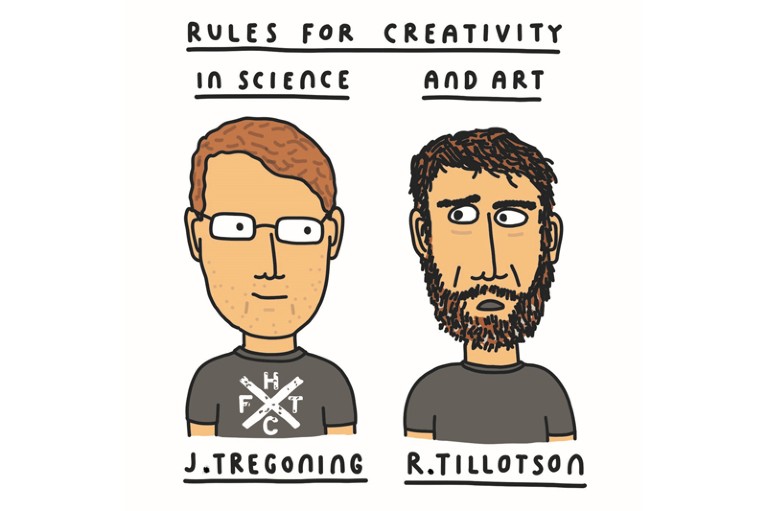
Illustrations: Richard L. Tillotson Art and science have a long and intertwined history. During his five-year research trip on HMS Beagle, Charles Darwin drew his own finches; and Marianne North, his contemporary, was both a prolific painter and a botanist who set up a dedicated gallery at the Royal Botanic Gardens, Kew, in London. Their…
-
Black Friday Lego deals 2024 — The best deals on botanical, wildlife, science and nature-themed sets

This Black Friday, we’re a little obsessed with Lego. And with so many great Black Friday deals on science and STEM-themed Lego sets — including the Botanicals range, nature-themed sets, animals, space and more — we wanted to share them with you. We’ve scoured Amazon, Walmart, Target and Lego to bring you the biggest savings…
-
How to thank your lab mates: eight ways to show gratitude at the end of year
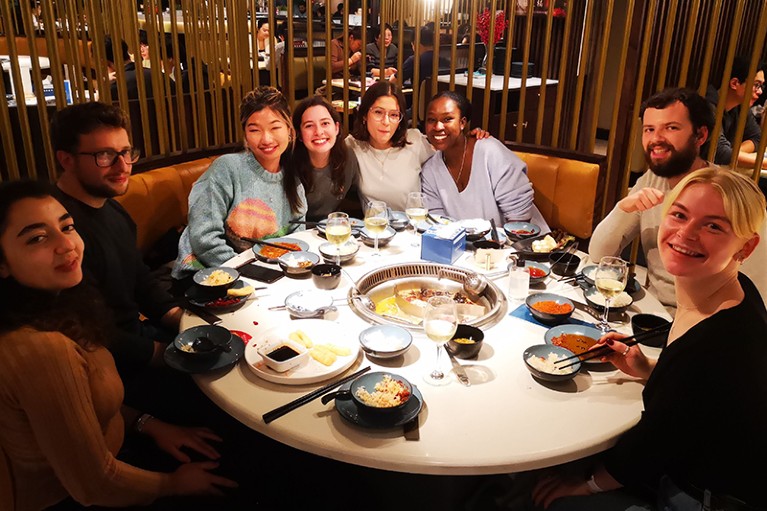
Lab members in John Tregoning’s group share dinner to celebrate the year’s publications.Credit: John Tregoning A small wad of cash sits in a glass beaker labelled ‘motivation’, in a safe inside John Tregoning’s office. A vaccine immunologist at Imperial College London, Tregoning sticks some money in the beaker every time someone in his laboratory has…
-
How to stop plastic pollution: three strategies that actually work
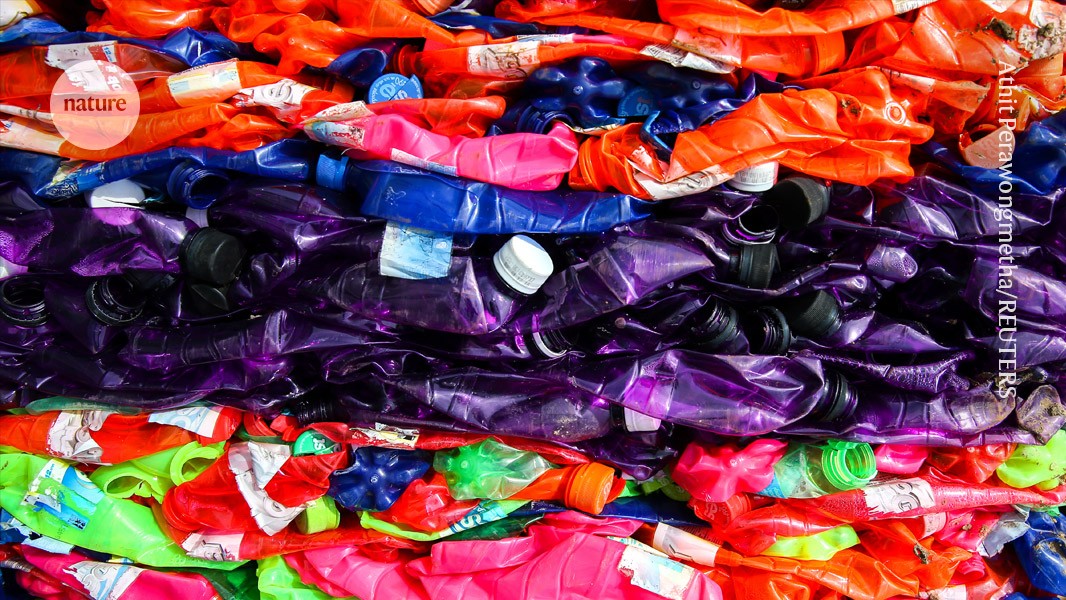
Can the world finally agree on how to end plastic pollution? We should know by the end of the week. Negotiators from 175 countries are in Busan, South Korea, to thrash out what many hope will be a legally binding United Nations treaty to drastically cut plastic pollution. Researchers are hopeful a strong treaty will…
-
Let the data talk: embrace exploratory research
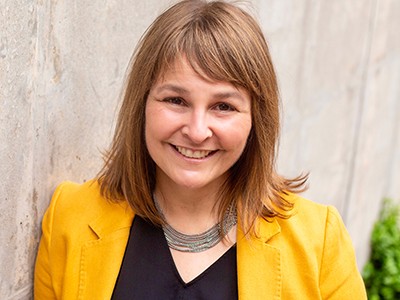
Attending a psychology conference this month, I was struck by an unsettling trend in social-science research. The abstract book revealed that nearly all of the 1,500 posters and talks related to some kind of confirmatory work — using statistical analyses to test an existing hypothesis. Hardly any reported the sort of open-ended exploratory research needed…
-
Let the data talk: embrace exploratory research
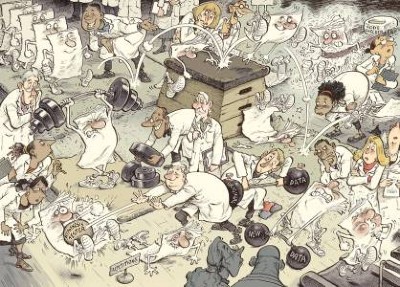
Attending a psychology conference this month, I was struck by an unsettling trend in social-science research. The abstract book revealed that nearly all of the 1,500 posters and talks related to some kind of confirmatory work — using statistical analyses to test an existing hypothesis. Hardly any reported the sort of open-ended exploratory research needed…
-
Hopes, fears and uncertainty: life scientists react to Trump’s election victory

Donald Trump will take office on 20 January 2025.Credit: Chip Somodevilla/Getty The re-election of Donald Trump as US president raises the prospect of big changes in US science, in terms of policy, funding and research. Nature asked six life scientists which priorities they’d like to see the administration focus on once Trump takes office in…
-
Turning a scientific lens on the wonderful world of fungi
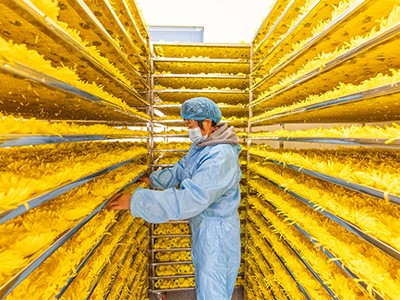
Close Encounters of the Fungal Kind: In Pursuit of Remarkable Mushrooms Richard Fortey William Collins (2024) Richard Fortey, best known as a palaeontologist, has left the fossils of extinct marine organisms behind in this lovely book about fungi and his long-standing enthusiasm for field mycology. In Close Encounters of the Fungal Kind, Fortey describes his…
-
Is COP29 climate deal a historic breakthrough or let-down? Researchers react

Activists protest during at the COP29 climate meeting in Baku.Credit: Dominika Zarzycka/SOPA via ZUMA/Alamy A last-minute deal that rescued the COP29 climate talks in Baku, Azerbaijan, is a “fragile consensus”, researchers who study climate finance have told Nature. Visibly relieved COP delegates from rich countries applauded in the early hours of 24 November following a…
-
Topological protection of optical skyrmions through complex media
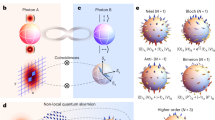
Abstract Optical Skyrmions have many important properties that make them ideal units for high-density data applications, including the ability to carry digital information through a discrete topological number and the independence of spatially varying polarization to other dimensions. More importantly, the topological nature of the optical Skyrmion heuristically suggests a strong degree of robustness to…